Left Indiana to go here still 100+ miles round-trip from my home, though I had a week at Indiana actually had a month, I am now at covedale trying to get closer to my home, been here 15 months, I had 1 take home they took back due to dirty urine, I wish I had them to retest ...
About Covedale Treatment Services
I like that they offer a lot of treatment methods to help you as a whole person. For example, they offer nutritional counseling and life skills, grief therapy and anger management. They also offer services for pregnant clients and those who have PTSD.
Covedale also has some holistic offerings. Art therapy, meditation and mindfulness can help you connect your mind and body and experience more calm during stressful moments.
Their medication assisted treatment options are methadone, Suboxone and Vivitrol. Your provider will help you figure out the right medication for your needs.
They accept Medicaid and Medicare as well as Veterans Administration Community Care Network and private insurance plans. I like that they have admissions coordinators on staff that make finances as stress-free as possible. They’ll create a financial plan that matches your financial means.
Latest Reviews
Rehab Score
Gallery
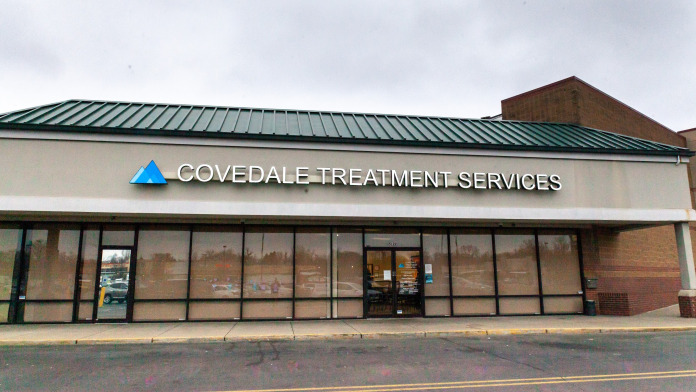
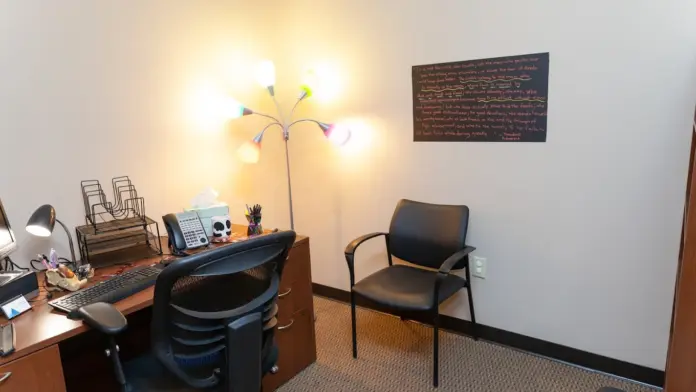
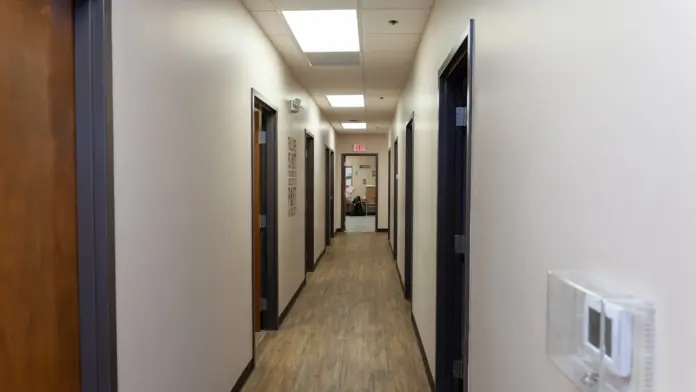
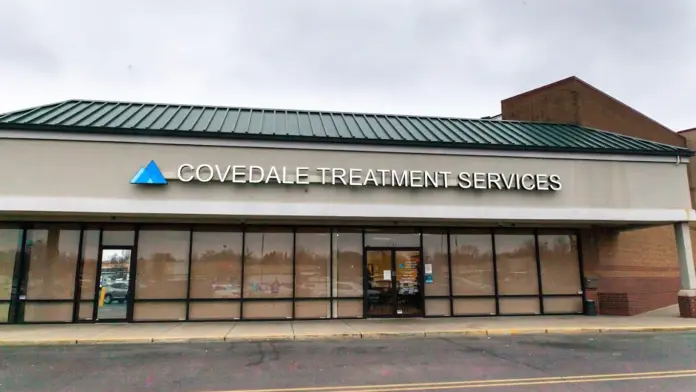

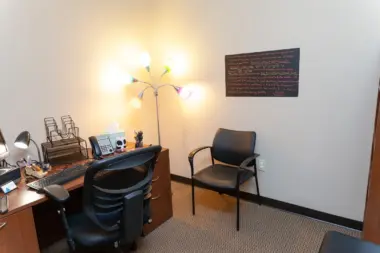


Accepted Insurance
Other Forms of Payment
Private insurance refers to any kind of healthcare coverage that isn't from the state or federal government. This includes individual and family plans offered by an employer or purchased from the Insurance Marketplace. Every plan will have different requirements and out of pocket costs so be sure to get the full details before you start treatment.
Self-pay involves paying for treatment out of your own pocket. You can use savings or credit, get a personal loan, or receive help from family and friends to fund your treatment. If you don't have insurance or your insurance plan doesn't cover a specific program, self-pay can help ensure you still get the care you need.
Medicare is a federal program that provides health insurance for those 65 and older. It also serves people under 65 with chronic and disabling health challenges. To use Medicare for addiction treatment you need to find a program that accepts Medicare and is in network with your plan. Out of pocket costs and preauthorization requirements vary, so always check with your provider.
Medicaid is a state based program that helps lower-income individuals and families pay for healthcare. Medicaid covers addiction treatment so those enrolled can use their coverage to pay for rehab. When a program accepts Medicaid the client often pays very little or nothing out of their own pocket.
Addiction Treatments
Levels of Care
Their general outpatient programs are the least structured forms of treatment we offer. They’re a way for patients to receive the support, education, and premier clinical care associated with Pinnacle Treatment Centers while at the same time integrating back to life, work, school, and relationships. While PHP and IOP consist of many hours of individual counseling and recovery groups each week, general outpatient is less than five cumulative weekly hours.
If you need an intensive, structured setting with 24-hour care, their inpatient program offers a medically monitored, evidence-based therapeutic process. Your customized treatment plan will include counseling, group therapy, their 12-step program, life skills development, addiction education, and mental health treatment as needed.
If you can’t attend their inpatient program, their intensive outpatient program offers more flexible but equally rigorous treatment. Their evidence-based treatment includes individual, group, and family therapy, education classes, and 12-step meetings. Long-term onsite medication-assisted treatment is also available.
Rehab aftercare programs are designed to ensure clients receive continuing care while in the maintenance phase of recovery. Some clients may be in outpatient treatment, which is generally considered to be an element of drug rehab aftercare. The specific services provided in these programs are often determined by the client's case manager and care team in consultation with the client. Common services include peer coaching, career counseling, and 12 step program induction.
Their treatment center can either host or refer you to a nearby 12-step group. There are groups based on the substance used, as well as groups for parents, spouses, or children of those with addiction. 12-step programs are addiction recovery models based on Alcoholics Anonymous (AA).
Designed for individuals with moderate to severe addictions, a partial hospitalization program (PHP) provides a more intensive form of outpatient therapy. PHP treatment can serve as an alternative to inpatient hospitalization or as a step-down option after being discharged from a hospital or residential program. A partial hospitalization program typically requires a minimum of 20 hours weekly for an average of 90 days. Depending on your care plan, PHPs can include relapse prevention, medication management, and behavioral therapy services.
At certain points in the recovery process, it's important to have support available 24/7. 24-hour clinical care offers a safe environment in which to recover from drug or alcohol addiction in peace, knowing medical detox and other treatment will happen with professionals on hand.
Stopping your use of drugs or alcohol can lead to intense discomfort and physical cravings. On your own this has a high risk of potentially severe consequences—they provide medically-supervised withdrawal. Detox is the process of removing drugs and/or alcohol from the body, a process that can be lethal if mismanaged. Medical detox is done by licensed medical professionals who monitor vital signs and keep you safe, healthy, and as comfortable as possible as you go through detox and withdrawal.
Treatments
The goal of treatment for alcoholism is abstinence. Those with poor social support, poor motivation, or psychiatric disorders tend to relapse within a few years of treatment. For these people, success is measured by longer periods of abstinence, reduced use of alcohol, better health, and improved social functioning. Recovery and Maintenance are usually based on 12 step programs and AA meetings.
Drug rehab in Ohio provides comprehensive treatment to address the physical and psychological needs of those struggling with substance use disorders. This may involve inpatient and/or outpatient care.
Many of those suffering from addiction also suffer from mental or emotional illnesses like schizophrenia, bipolar disorder, depression, or anxiety disorders. Rehab and other substance abuse facilities treating those with a dual diagnosis or co-occurring disorder administer psychiatric treatment to address the person's mental health issue in addition to drug and alcohol rehabilitation.
Opioid rehabs specialize in supporting those recovering from opioid addiction. They treat those suffering from addiction to illegal opioids like heroin, as well as prescription drugs like oxycodone. These centers typically combine both physical as well as mental and emotional support to help stop addiction. Physical support often includes medical detox and subsequent medical support (including medication), and mental support includes in-depth therapy to address the underlying causes of addiction.
Substance rehabs focus on helping individuals recover from substance abuse, including alcohol and drug addiction (both illegal and prescription drugs). They often include the opportunity to engage in both individual as well as group therapy.
Programs
Adult rehab programs include therapies tailored to each client's specific needs, goals, and recovery progress. They are tailored to the specific challenges adult clients may face, including family and work pressures and commitments. From inpatient and residential treatment to various levels of outpatient services, there are many options available. Some facilities also help adults work through co-occurring conditions, like anxiety, that can accompany addiction.
Young adulthood can be an exciting, yet difficult, time of transition. Individuals in their late teens to mid-20s face unique stressors related to school, jobs, families, and social circles, which can lead to a rise in substance use. Rehab centers with dedicated young adult programs will include activities and amenities that cater to this age group, with an emphasis on specialized counseling, peer socialization, and ongoing aftercare.
Clinical Services
Cognitive Behavioral Therapy (CBT) is a therapy modality that focuses on the relationship between one's thoughts, feelings, and behaviors. It is used to establish and allow for healthy responses to thoughts and feelings (instead of unhealthy responses, like using drugs or alcohol). CBT has been proven effective for recovering addicts of all kinds, and is used to strengthen a patient's own self-awareness and ability to self-regulate. CBT allows individuals to monitor their own emotional state, become more adept at communicating with others, and manage stress without needing to engage in substance abuse.
Creativity is inherently healing, and can help those in recovery express thoughts or feelings they might not otherwise be able to. Creative arts therapy can include music, poetry/writing, painting, sculpting, dance, theater, sandplay, and more. Unlike traditional art, the final product matters far less than the experience of creation and expression itself.
Experiential therapy is a form of therapy in which clients are encouraged to surface and work through subconscious issues by engaging in real-time experiences. Experiential therapy departs from traditional talk therapy by involving the body, and having clients engage in activities, movements, and physical and emotional expression. This can involve role-play or using props (which can include other people). Experiential therapy can help people process trauma, memories, and emotion quickly, deeply, and in a lasting fashion, leading to substantial and impactful healing.
Designed for those with a loved one in residential treatment, their family support group offers time to hear from and talk with families in similar circumstances. It also provides education on living with and supporting someone in recovery. Research clearly demonstrates that recovery is far more successful and sustainable when loved ones like family members participate in rehab and substance abuse treatment.
Group therapy is any therapeutic work that happens in a group (not one-on-one). Group therapy gives you an opportunity to talk with others facing similar challenges. In addition to helping you realize you are not alone, it is a good forum for practicing new, healthier interactions and challenge your current attitudes.
In individual therapy, a patient meets one-on-one with a trained psychologist or counselor. Whether part of your initial outpatient treatment or part of maintaining your sobriety, counseling is a cornerstone of their treatment programs. In addition to a safe, supportive place to talk, their counselors provide education on the skills needed for lasting recovery and healthy living.
Life skills trainings involve all the skills a person must have in order to function successfully in the world. These include time management, career guidance, money management, and effective communication. Truly successful addiction recovery is based on the ability to not only live substance-free, but to thrive. Life skills teaches the practical necessities of functioning in society, which sets clients up for success in life, and therefore sobriety.
Amenities
-
Residential Setting
-
Private Rooms
Staff & Accreditations
Staff
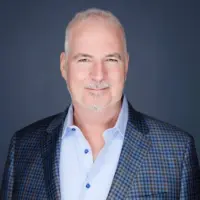
Michael Lawler
CEO
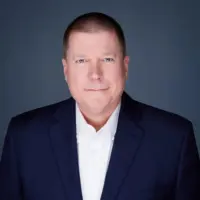
Brian Thorn
COO

Kiran Adigopula
CIO

William Dorris
CFO

Dr. Chris Dennis, MD, MBA, FAPA
CMO
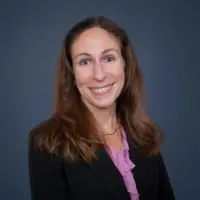
Dr. Carin Kottraba, PhD
Chief Clinical Officer
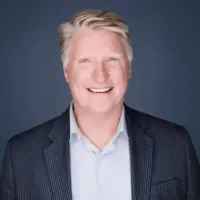
Dave Long
Chief Talent Officer

Kelly Priegnitz
Chief Legal & Compliance Officer
Accreditations

The Commission on Accreditation of Rehabilitation Facilities (CARF) is a non-profit organization that specifically accredits rehab organizations. Founded in 1966, CARF's, mission is to help service providers like rehab facilities maintain high standards of care.
CARF Accreditation: Yes

The National Association of Addiction Treatment Providers (NAATP) is a professional association that represents organizations in the field of addiction services. Founded in 1978, NAATP's mission is to advance addiction services and ensure that high-quality addiction treatment is available and accessible.
NAATP Member: Yes
Member ID: 19067
Contact Information
5122 Glencrossing Way
Cincinnati, OH 45238
